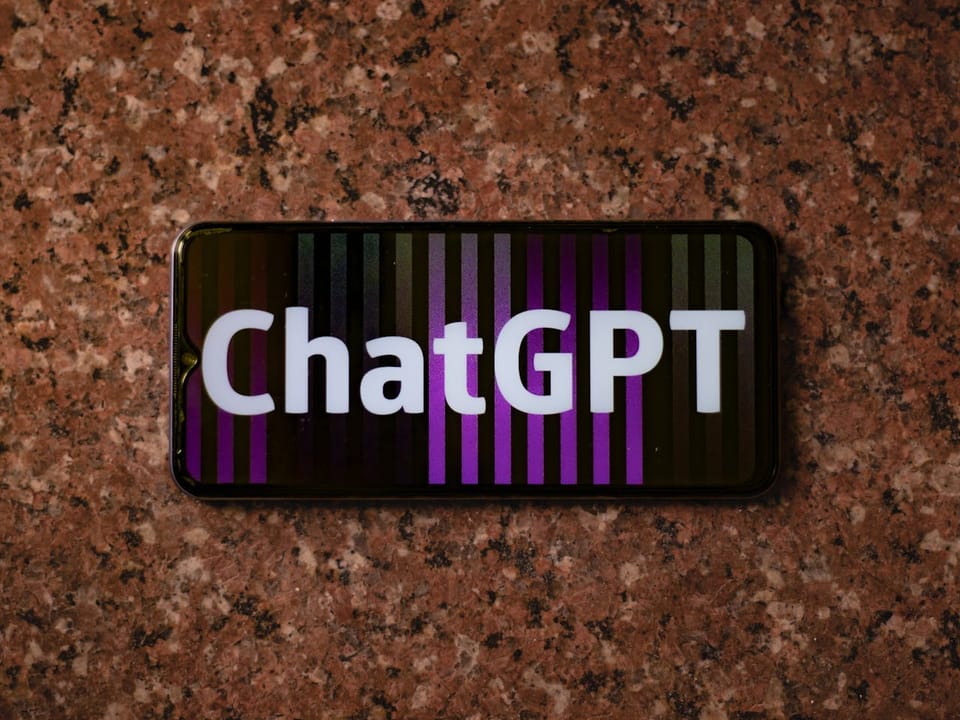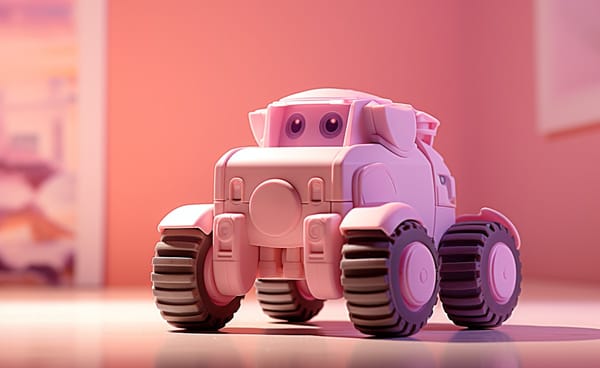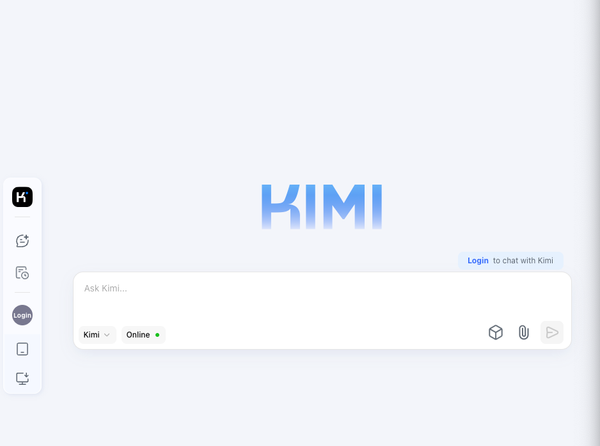ChatGPT is NOT Your Doctor! The Dangers of Using AI for Self-Diagnosis and Symptom Analysis
Table of Content
Again, tools like ChatGPT, has seen a surge in usage across various sectors, with healthcare being one of the most significant. These AI applications promise quick responses and easy access to medical information, making them appealing for on-the-spot symptom analysis and health inquiries.
However, as a medical professional, I must emphasize that while AI can offer assistance, it should never replace the expert advice and diagnosis of healthcare professionals.
The Allure of AI for Quick Health Fixes
The appeal of AI in healthcare is undeniable. It promises immediate access to medical advice, bypassing the traditional barriers of cost, availability, and time. Many individuals, out of necessity or convenience, turn to AI-powered applications to assess their symptoms and seek health advice. However, this convenience often comes at a hidden dangerous cost.
- Understand the risks associated with digital self-diagnosis in The Dangers of Digital Self-Diagnosis.
- Read about the perspective of a healthcare professional on AI self-diagnosis at Why You Should Not Self-Diagnose with AI.
- Learn about the accountability issues in AI misdiagnoses at When AI Misdiagnoses: Can Health IT Be Held Accountable for Malpractice?.
- Explore the limitations of AI across professions in Why AI Does Not Make You a Developer, Designer, Engineer, or Doctor.
The Risks of Misplaced Trust in AI for Medical Advice
The Fallibility of AI in Accurate Diagnosis
AI applications, including ChatGPT, function by processing vast datasets to generate responses based on patterns and probabilities. However, they lack the essential human touch, critical thinking, and medical judgment required in healthcare. For instance, consider these real-world scenarios I have encountered:
- The Misdiagnosed Rash: A friend once consulted an AI tool for a persistent skin rash. The tool suggested it was an allergic reaction, yet further medical consultation revealed it to be an autoimmune disorder, which the AI had entirely missed.
- The Overlooked Bronchitis: A relative used an AI service to diagnose a prolonged cough. The tool reassured her it was just a seasonal cold. A week later, a doctor diagnosed her with bronchitis, a condition that the AI tool had failed to consider.
- The Misinterpreted Chest Pain: An acquaintance once turned to an AI tool after experiencing chest pains. The AI suggested anxiety, but the true cause was much graver—a heart condition that required immediate intervention.
The Dangers of Over-reliance on AI
Relying solely on AI for medical diagnosis can be perilous. AI's inability to perform physical assessments, consider detailed medical histories, or understand human emotions means it can easily overlook critical symptoms or misinterpret data.
This reliance not only risks misdiagnoses but may also delay essential medical intervention.
The Ethical and Technical Limitations of AI
AI in healthcare is inherently limited by the data it has been trained on. This data can carry biases, potentially leading to skewed or unfair medical advice. Moreover, AI lacks the ability to be empathetic—a core component of medical practice. It cannot understand patient distress or the subtleties of human interaction, which are often crucial for accurate diagnosis.
Real-life Consequences: When AI Fails in Healthcare
The stakes are high in healthcare, where incorrect information can lead to serious harm. Numerous cases highlight the consequences of AI misdiagnosis. One notable study indicated that AI tools like ChatGPT correctly diagnose medical conditions only about half the time. Such statistics are alarming, underscoring the critical need for professional oversight.
The Complementary Role of AI in Modern Healthcare
While AI can streamline administrative tasks, assist in data analysis, and sometimes offer preliminary information, it is not equipped to handle complex medical decision-making. Healthcare professionals use AI as one of many tools to enhance service delivery, not as a standalone solution.
Navigating AI in Healthcare: Best Practices for Safe Use
As a doctor, I advocate for a cautious approach to using AI in healthcare:
- Educational Use Only: Leverage AI to gather information or a preliminary understanding of medical issues, but not as a conclusive source.
- Professional Consultation: Always consult with a healthcare professional for accurate diagnosis and treatment plans.
- Critical Evaluation: Scrutinize the advice provided by AI, considering its limitations and the necessity for professional input.
Conclusion: Placing Trust Where It Belongs
It's essential to recognize the limitations of AI in healthcare. The allure of quick answers must not distract from the need for accurate, professional medical evaluation. As technology continues to advance, let us not forget that the human aspect of medicine is irreplaceable.
Your health deserves more than an algorithmic guess; it warrants the attention and expertise of trained medical professionals. Let AI be a tool for enhancement, not a substitute for genuine medical care.
When to Consult a Doctor: AI’s Blind Spots
If you experience symptoms like severe pain, sudden changes in health, or persistent discomfort, it is crucial to seek professional medical advice. AI tools might miss the nuances of these symptoms, underscoring the importance of human medical evaluation.
As we navigate this digital age, let us use AI judiciously, ensuring that it serves to support, not supplant, the indispensable role of medical professionals in our lives.









